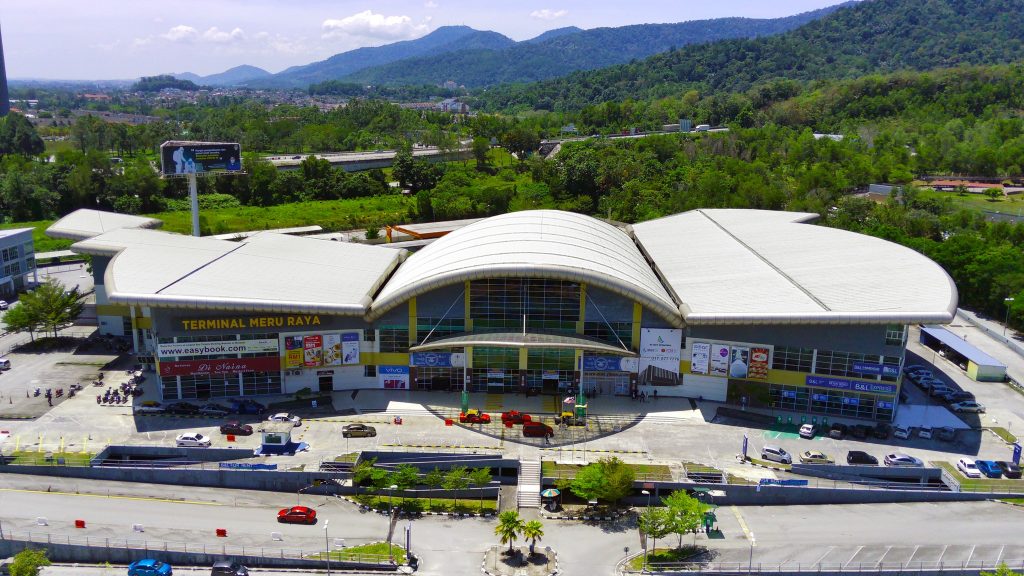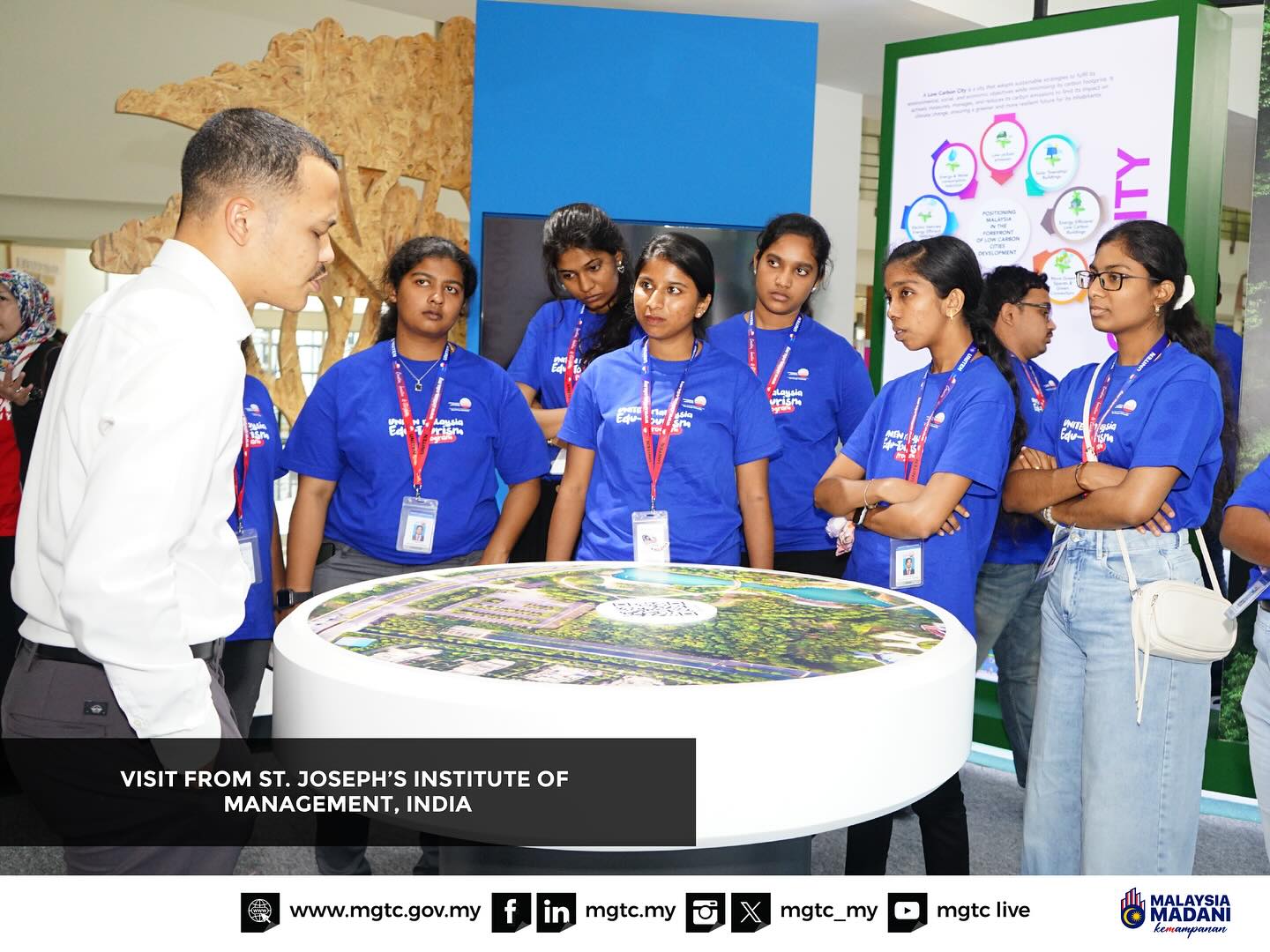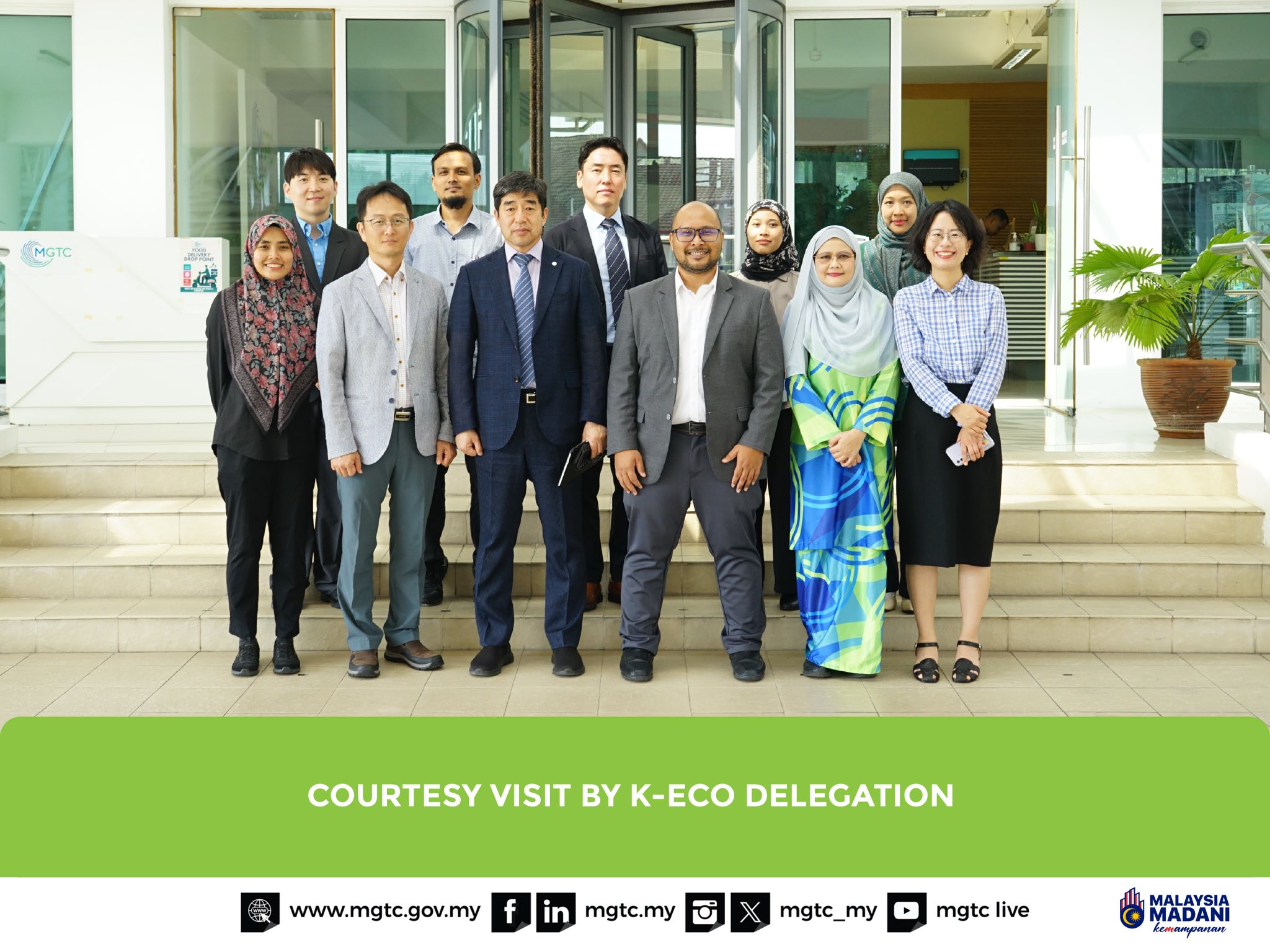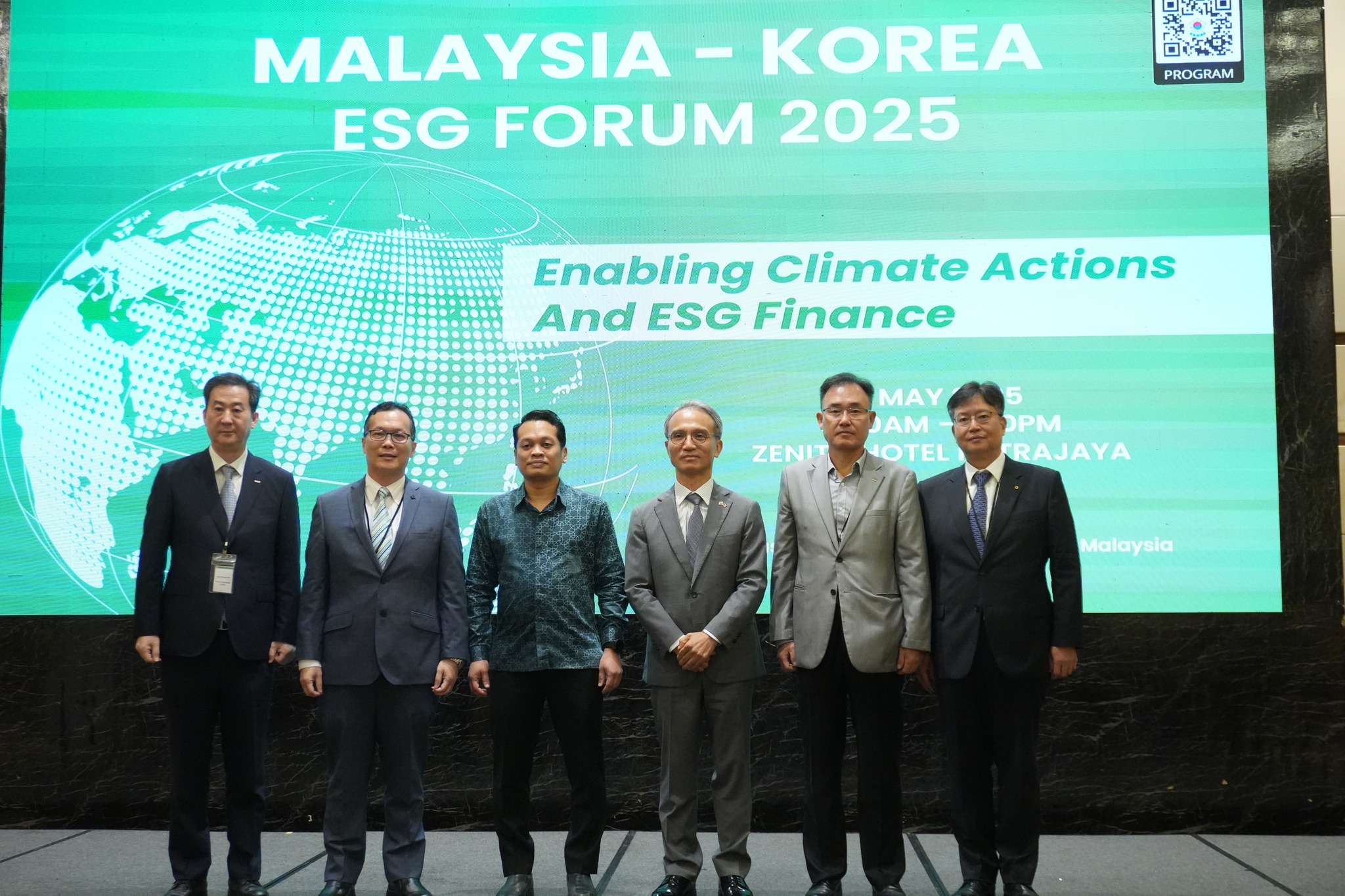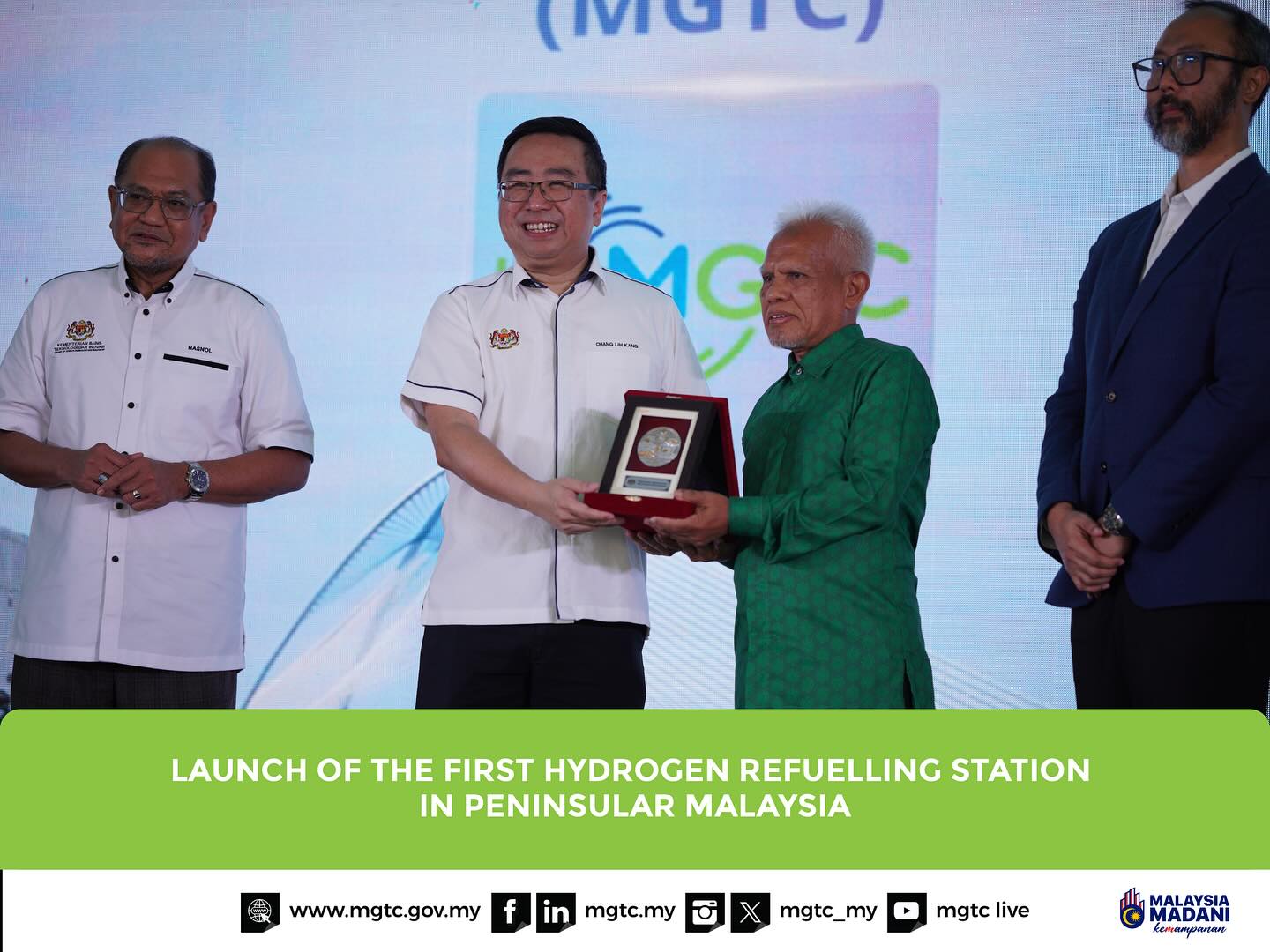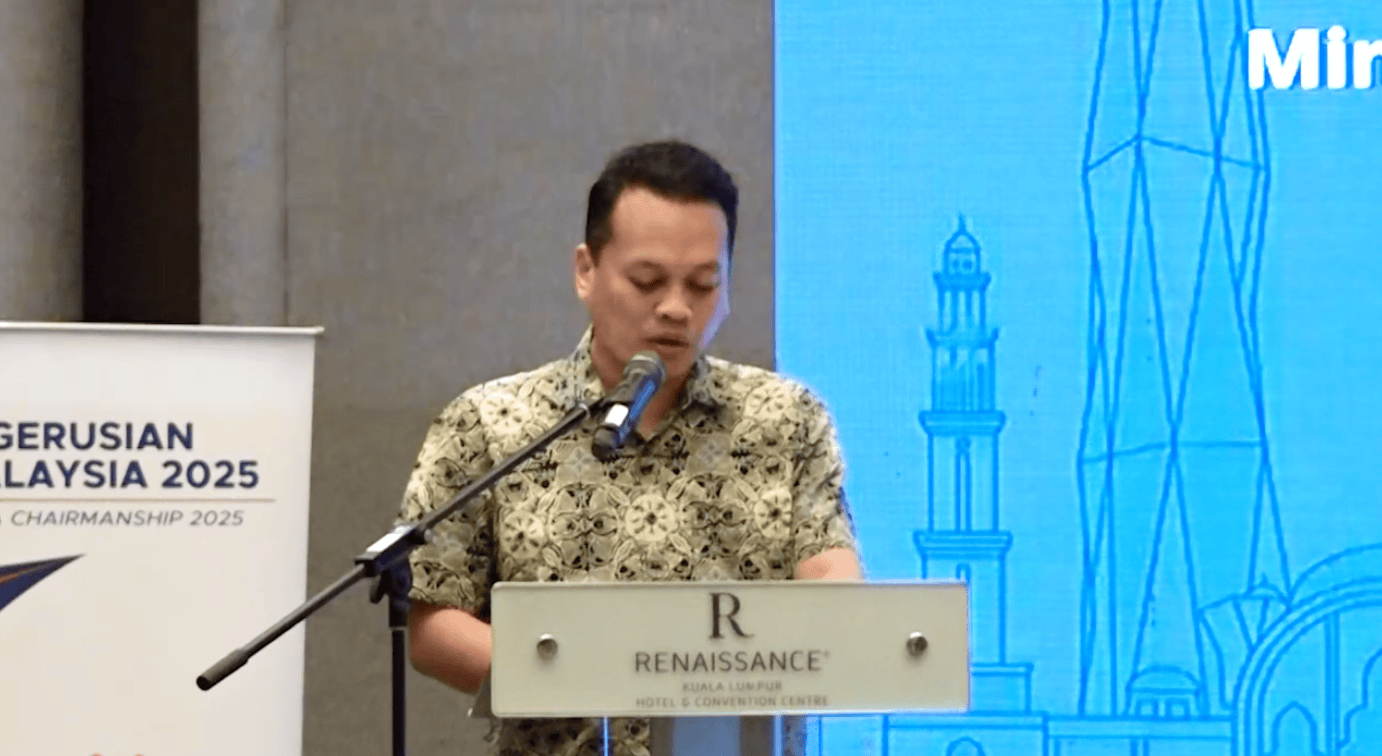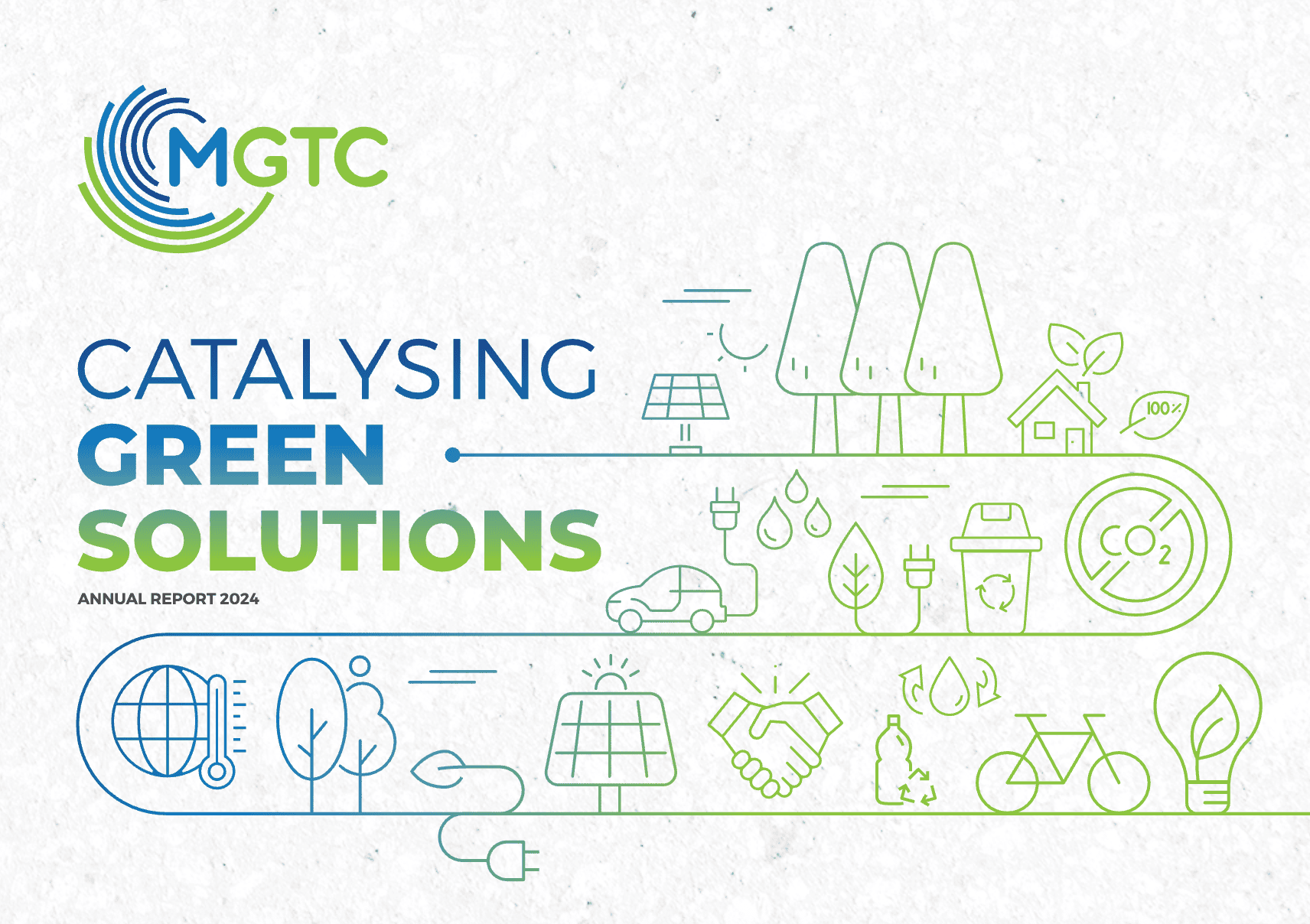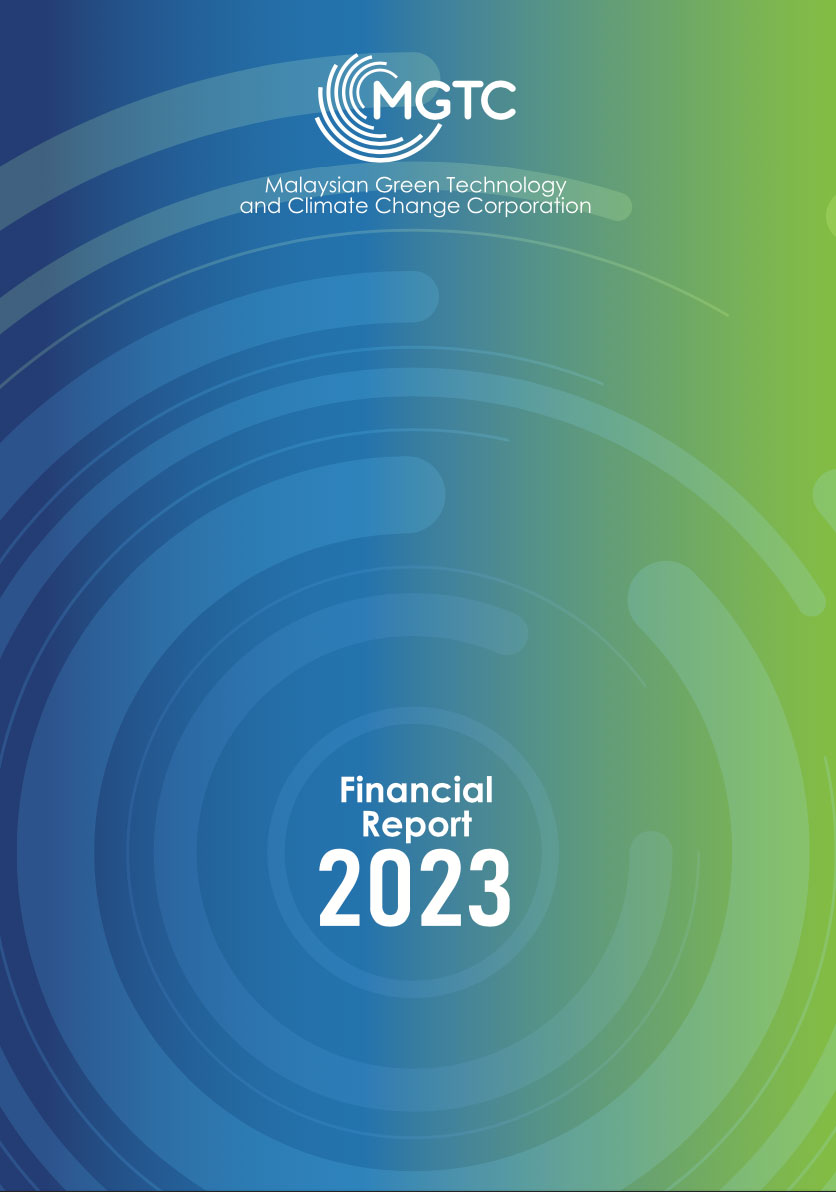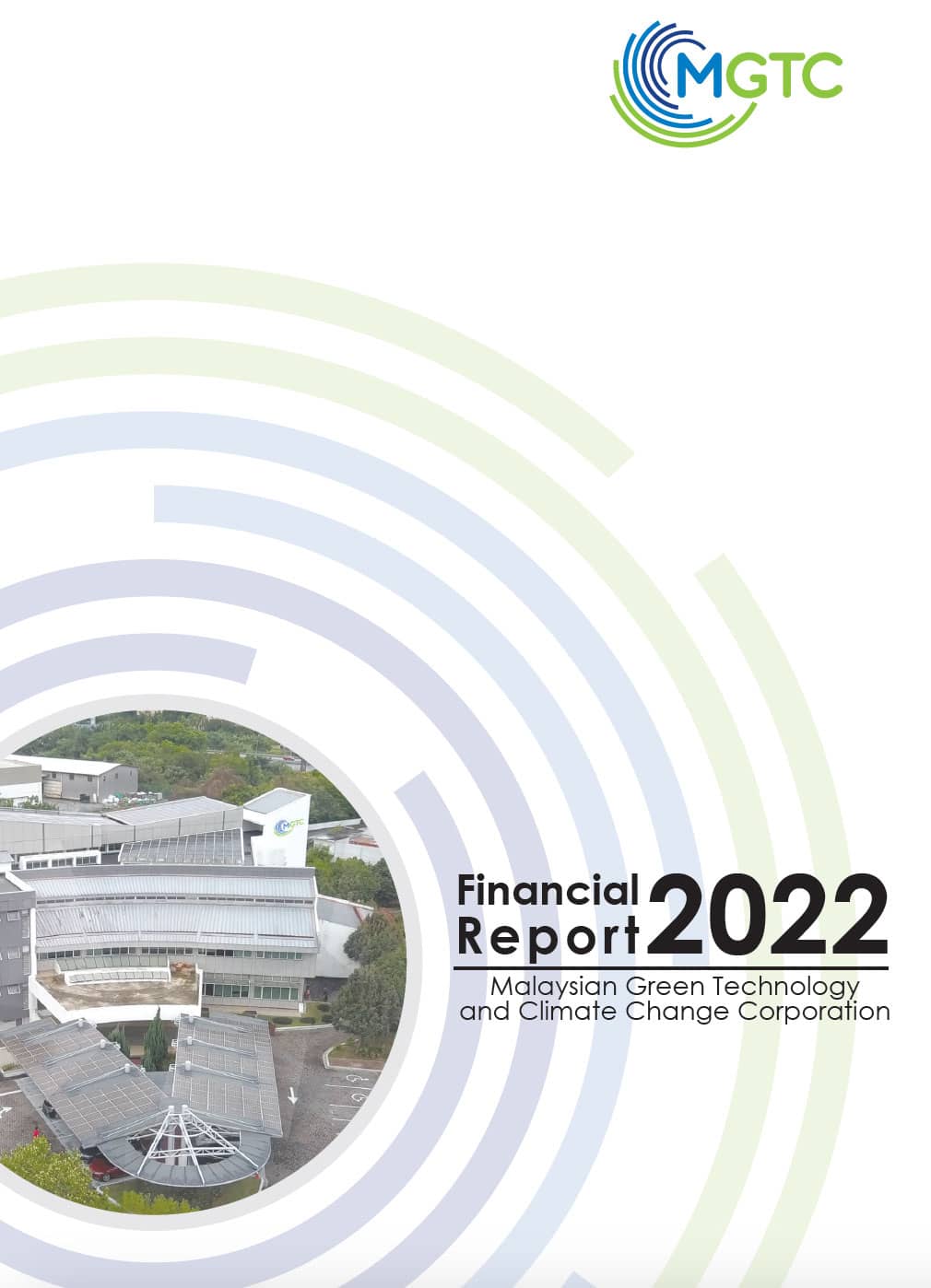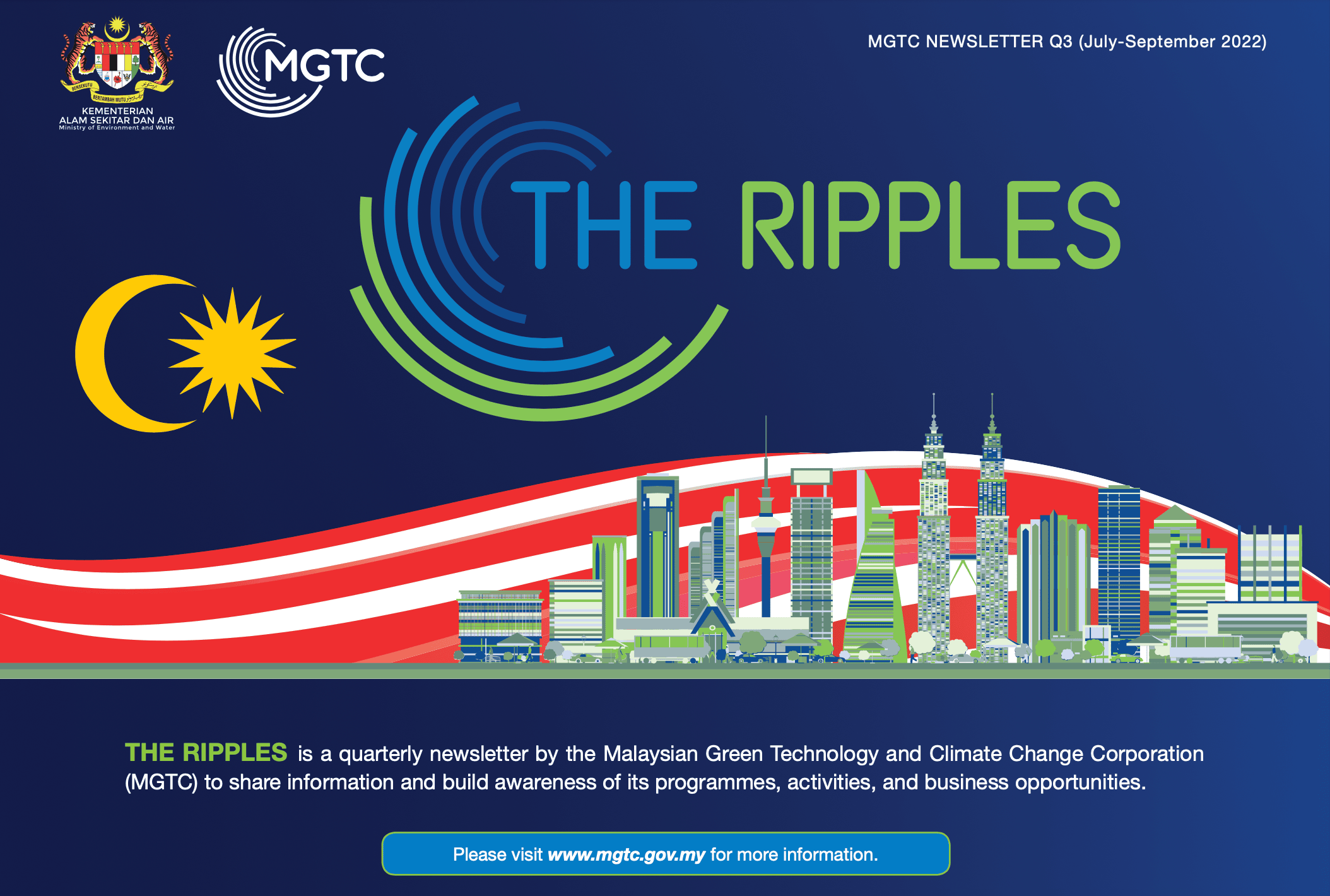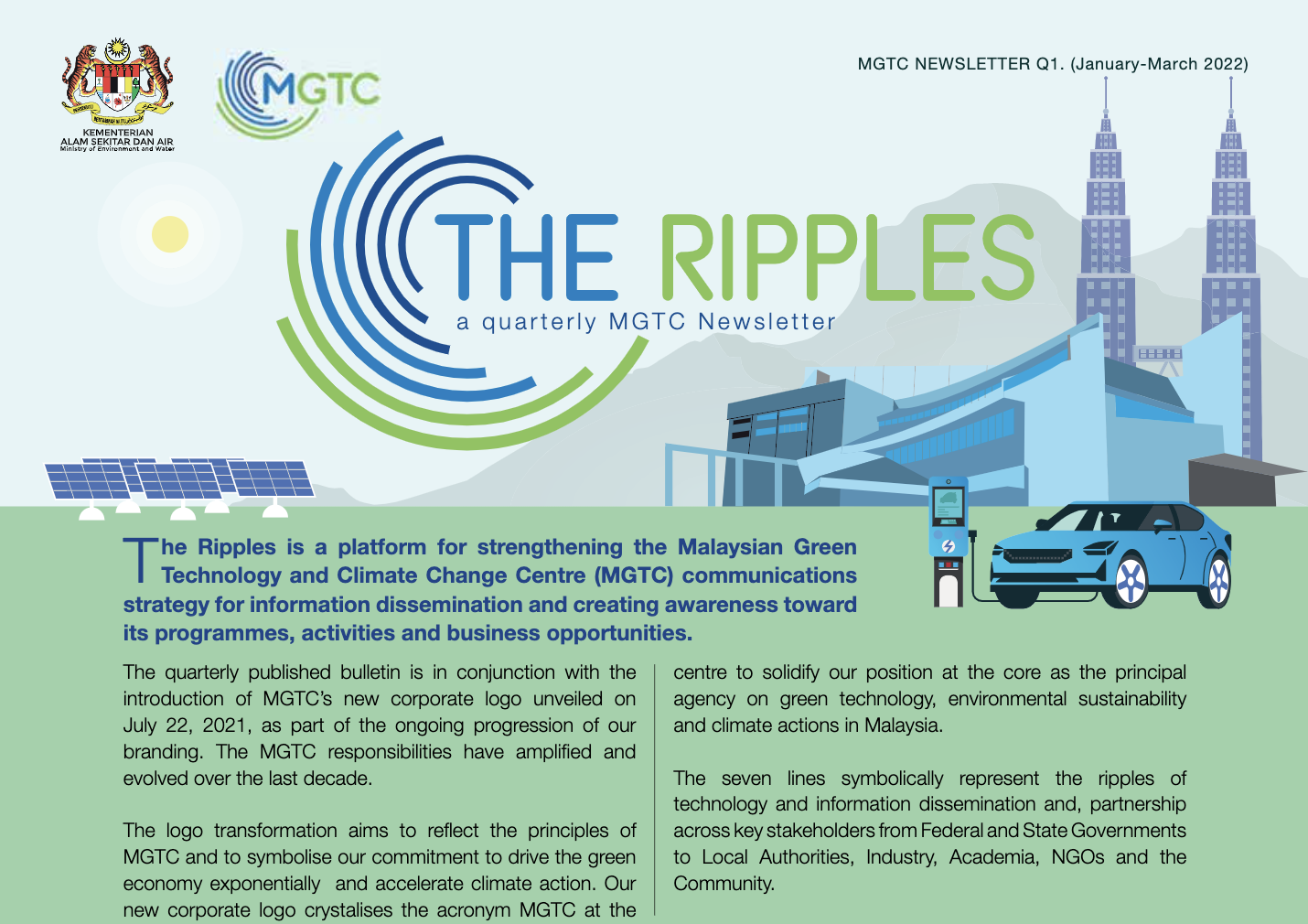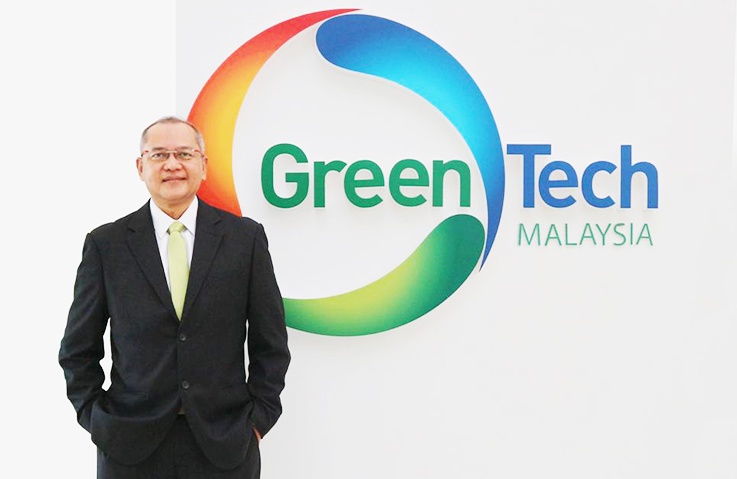
Date would comprise details of carbon emission, number of vehicles on the road, erosion at beaches and number of trees cut down
by AFIQ AZIZ / pic credit: greentechmalaysia.my
MALAYSIA Green Technology and Climate Change Centre (MGTC) is expected to centralise all data relating to climate change in the country by the end of this year.
The move is part of the agency’s rebranding last year, previously known as Malaysian Green Technology Corp, or GreenTech Malaysia.
MGTC CEO Shamsul Bahar Mohd Nor (picture) said the establishment of the research and distribution centre is timely as Malaysia reopens its economic activities after undergoing three months of Movement Control Order (MCO).
The data collected by MGTC would comprise details of all related elements to climate change issues, including carbon emission, number of vehicles on the road, erosion at beaches and the number of trees being cut down in one particular area in a state.
He said to this extent, MGTC can calculate how much carbon these trees are actually able to absorb, hence, mitigating the impact of climate change.
“At least, we want the data to be shared and linked to us. The data can be parked at other centres, but we hope it will be shared at our research house,” he told The Malaysian Reserve in an interview recently.
“Then, we will be the distribution centre for those data,” Shamsul Bahar said, adding that most of the data will be made public.
For some records, he said, the data will remain confidential, subject to the authority’s approval.
Shamsul Bahar noted that to date, all of the environment-related data are kept by different ministries and government agencies.
For example, the Housing and Local Government Ministry is keeping records on how much methane gas is being released each day at the landfills.
“Another example is at the Ministry of Agriculture and Food Industries, which involves the usage of the nitrous oxide emissions from agricultural soils. It is a form of clinical gas, so we would have the information in the future,” he explained.
“Now, we are still having discussions with ministries and we will get the Cabinet approvals. This takes time, but we are getting there.”
Having a centralised data will make it easier for related agencies and even the public to get accurate information to embark on environmental causes such as reducing carbon emissions.
From March to May this year, Shamsul Bahar said local carbon emission has been reduced significantly, as a result of fewer road usage and limited business operations.
“During the MCO, we could see nature healing itself. The river became cleaner and we can hear the sounds of chirping birds from home.
“This is why we need to ensure that while green technology would be used to the fullest, at the same time, mitigation plans also need to be put in place. And we need data in order for us to embark on that,” Shamsul Bahar said.
“It cannot be denied that humans are the major culprit to any sort of climate change or global warming, but you cannot decouple development with nature. So, we need to balance out development and environment preservation,” he added.
In April, the World Bank addressed its concern that emissions from transport could accelerate even further after the Covid-19 pandemic.
According to the World Bank, following the 2008-2009 recession, carbon emissions soared by a record 6% in one year, in part because many of the investment programmes that were meant to stimulate the economy went to carbon-intensive industries.
Source : The Malaysian Reserve





